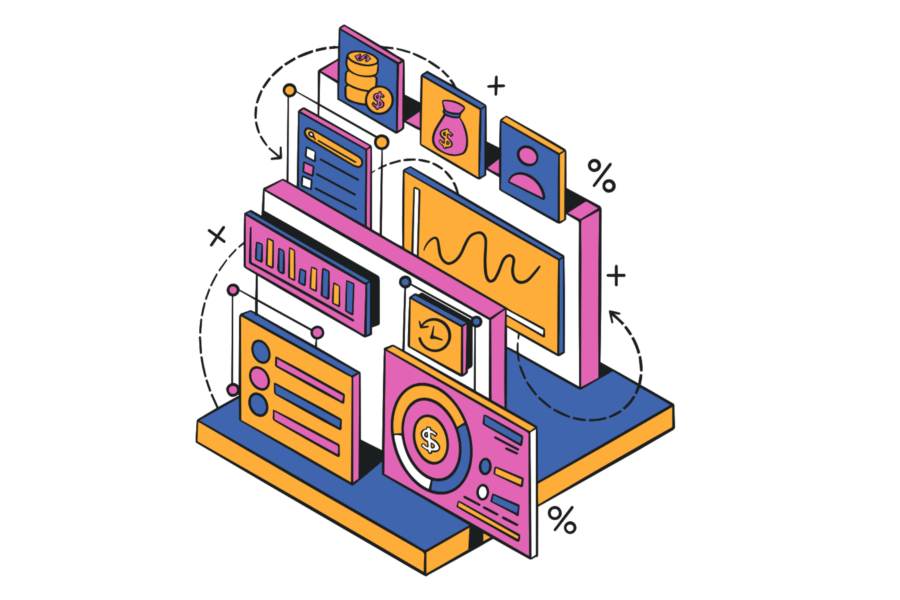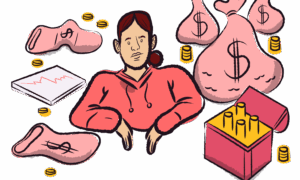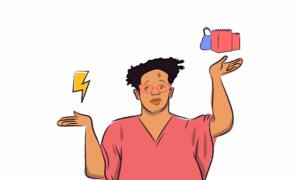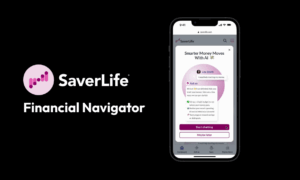Fintech for good: Unpacking the consumer fintech experience
Fintech Banking, Earned Wage Advance, Cash Advance, and Buy Now Pay Later

Fintech for Good: Are New Fintech Products Helping or Hurting the Financial Health of Low-to-Moderate Income Households?
SaverLife is grateful for the support of the Gates Foundation for making this research possible. This is the first in a two-part research series examining how financial technology impacts the financial health of low- to moderate-income households.
Fintech credit products—like Buy Now, Pay Later (BNPL), Cash Advance, and Earned Wage Advance (EWA)—are everywhere, promoted as tools for financial flexibility and convenience. But are they truly helping low- to moderate-income (LMI) consumers improve their financial health, or are they deepening existing financial vulnerabilities? As fintech banking and short-term credit options become mainstream, concerns are growing about hidden fees, lack of consumer protections, and the risk of dependency. While these products often promise low fees and accessible design, they may also expose users to new forms of financial risk—especially for those already struggling to make ends meet.
In 2024, SaverLife launched a research initiative to better understand our members’ experiences with these rapidly growing financial tools. Through surveys, interviews, and transaction data, we explored who is using these products, why they turn to them, and how usage aligns—or conflicts—with members’ financial goals. The result is Fintech for Good, a data-rich report series examining the complex realities behind fintech banking and credit use. This research is accompanied by two in-depth briefs and a pair of engaging webinars that unpack the promises and pitfalls of fintech from the perspective of the people who rely on it most.
Fintech for Good
The use of financial technology has grown rapidly over the past decade, and many of these solutions are widely used by SaverLife members, but are these new products helping or harming their financial health?

What we found: Key findings
45% of members use fintech banking. These members tend to have lower incomes, lower rates of employment, and a higher likelihood of living with a disability than members who turn to traditional (brick-and-mortar) banks.
Almost half (49%) of members paid overdraft fees in the prior 12 months; members who identify as Black or Hispanic and who have lower incomes are more likely to pay these fees, underscoring that lower-income people pay significantly more for banking services. Fees are the top reason for closing traditional bank accounts and using fintech bank accounts.
Compared to members who use BNPL, members who use Cash Advance or EWA products are less likely to own credit cards. Users of all three products are more likely to use payday loans than non-users.
BNPL use is more associated with convenience and preference while online Cash Advance and employer-provided earned wage advance are more associated with paying bills on time and dealing with unexpected expenses and drops in income.
Use of all three short-term credit products is highest among SaverLife members with children, underscoring the need for additional financial support for parents (such as increasing and expanding the Child Tax Credit).


